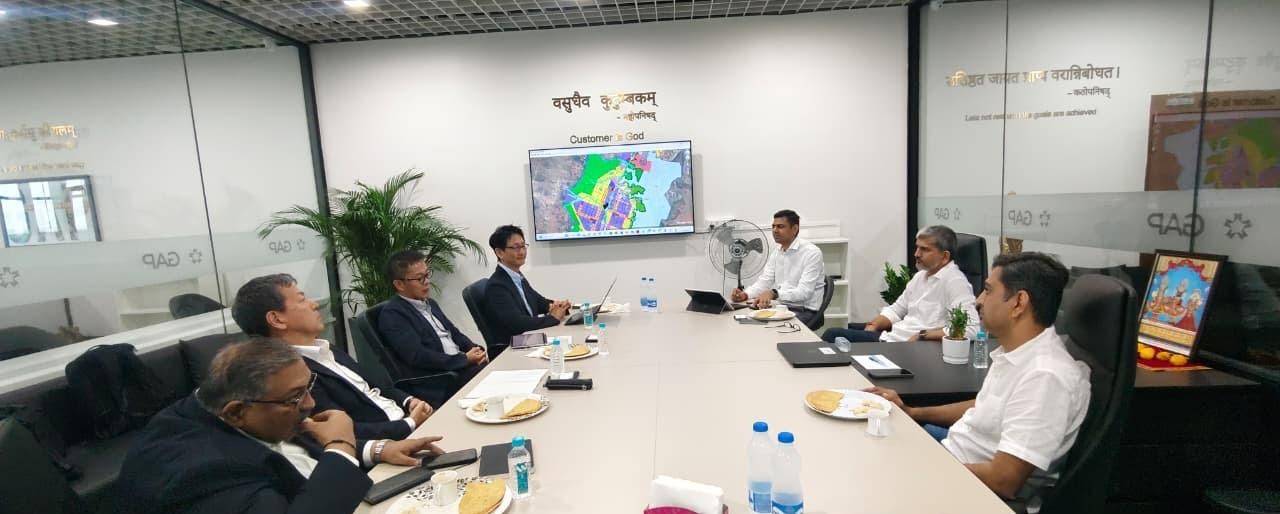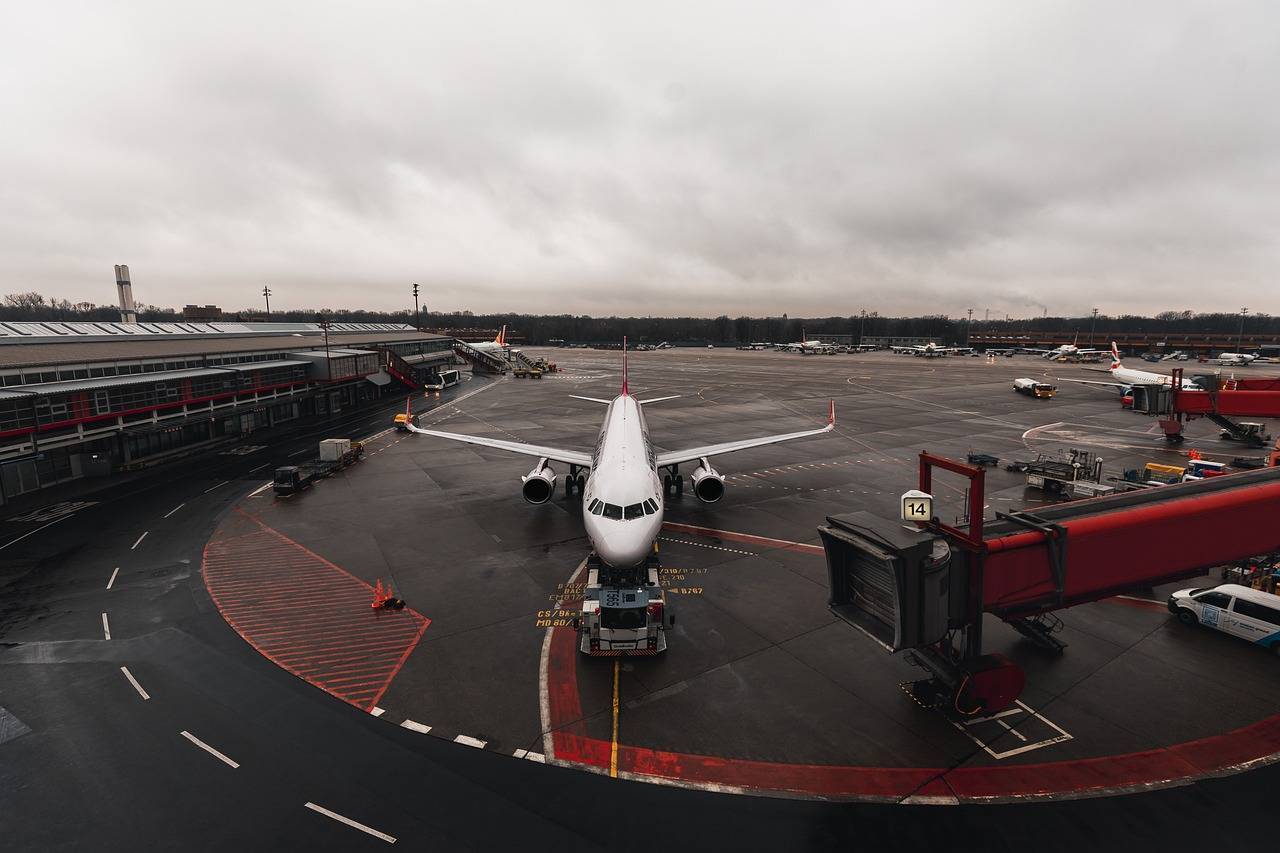Maharashtra aims to become one of the first regions globally to implement hyperloop technology outside a laboratory, with plans to connect Jawaharlal Nehru Port Trust (JNPT) in Navi Mumbai and the upcoming Vadhavan Port in Palghar via a high-speed cargo corridor. The state government signed an agreement with TuTr Hyperloop Pvt Ltd, an IIT Madras-incubated startup, to develop a Linear Induction Motor (LIM)-based hyperloop system for cargo movement between the two ports.
The agreement was signed at Mantralaya in the presence of Chief Minister Devendra Fadnavis, as part of a broader investment initiative under which Maharashtra signed 10 MoUs worth Rs 42,892 crore, expected to generate nearly 26,000 jobs. Fadnavis described hyperloop as a “disruptive idea” capable of reshaping logistics, mobility, and regional economic patterns. He highlighted the state’s commitment to providing end-to-end support for futuristic infrastructure, with technical backing from IIT Bombay and IIT Madras.
Hyperloop technology, conceptualized by Elon Musk in 2013, involves ultra-fast pods moving inside low-pressure tubes using magnetic levitation or Linear Induction Motors. Designed to reach speeds of over 1,000 kmph, the system reduces travel time, energy use, and emissions. While experimental tracks exist in the US, Europe, and the Gulf, commercial deployment is yet to be realized. Maharashtra’s collaboration with TuTr positions the state among the earliest governments worldwide to develop a functional hyperloop corridor.
Ports were chosen for the trial due to their high logistics demands. JNPT, India’s largest container port, handles over half the nation’s container traffic and has long faced congestion on road and rail networks. A hyperloop connection could significantly reduce cargo evacuation time, moving goods to logistics hubs in minutes instead of hours.
Vadhavan Port, under development as a deep-draft facility in Palghar, is expected to manage 250 million tonnes of cargo annually and accommodate the largest container ships. Integrating hyperloop from the outset could make it one of Asia’s most advanced maritime hubs.
TuTr Hyperloop, founded by IIT Madras researchers and engineers, is among the few Indian firms developing homegrown hyperloop solutions. This project represents TuTr’s first large-scale applied venture, showcasing India’s capacity for innovation in futuristic mobility. Both IIT Bombay and IIT Madras will provide technical guidance to ensure operational efficiency and adherence to international standards.









.png)